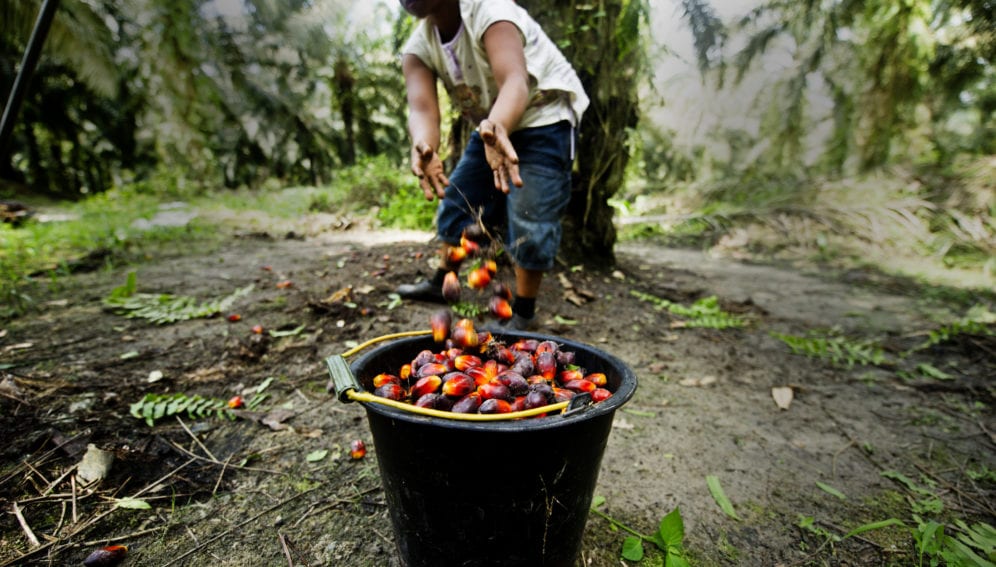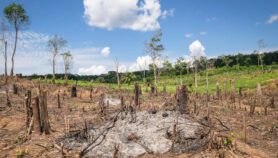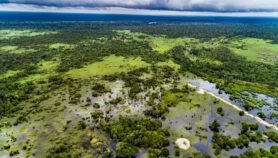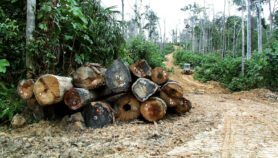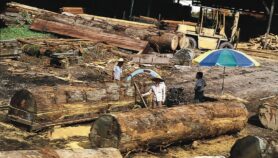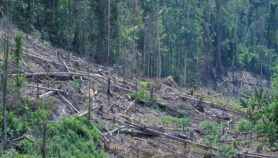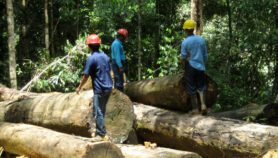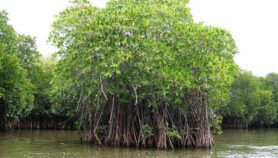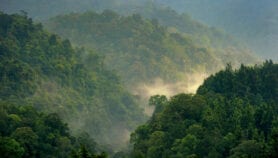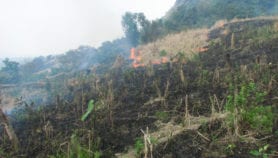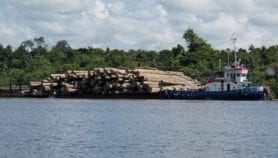Send to a friend
The details you provide on this page will not be used to send unsolicited email, and will not be sold to a 3rd party. See privacy policy.
[JAKARTA] As the debate over the environmental impacts of the palm oil industry intensifies, governments, private players and NGOs are calling for scientific solutions to sustainably meet the global demand for palm oil.
An international conference this week (25—27 April) emphasised that productivity could be increased without opening up more pristine forests in Indonesia through the crop ‘intensification’ process.
“Evidence suggests that the need for edible oil and energy will continue as populations grow. Meanwhile, land that can be utilised will decrease, so the question is how to meet those needs in the limited land area. Increasing productivity will be the key”
Darmin Nasution, Coordinating Minister for Economic Affairs in Indonesia
Darmin Nasution, coordinating minister for economic affairs in Indonesia, says palm oil is a strategic product for his country to meet the government’s objectives of increasing exports and creating jobs. But this is hampered by ‘negative’ campaigns against the industry, both nationally and internationally.
“Evidence suggests that the need for edible oil and energy will continue as populations grow. Meanwhile, land that can be utilised will decrease, so the question is how to meet those needs in the limited land area. Increasing productivity will be the key,” says the minister.
The minister says “intensification” technology could be transferred to smallholders, who own 42 per cent of Indonesia’s oil palm plantations, along with better access to capital and technology to raise productivity.
Aditya Bayunanta, a director at the World Wide Fund for Nature (formerly World Wildlife Fund), said the application of science and technology for oil palm intensification is key to sustainability. “We need unique solutions to address environmental problems related to oil palm,” he says.
Bayunanta said “good seeds” and “good management” can make a difference as seen from the fact that professional companies produce 5 – 6 tonnes per hectare annually while smallholders produce barely 1.5 tonnes per hectare per year.
“Indonesia has good capital from export income that should be used for research and development,” Bayunanta said.
Palm oil is the only commodity in Indonesia which has its own research funding agency under the ministry of finance. The grant for every successful proposal can top US$150,000 per year. For 2018, the government has upped the allocation for research funding by 10 per cent to US$3 million.Research is at the heart of palm oil production. Jean Pierre Caliman, a senior research scientist at Agricultural Research for Development — which partners Sinarmas Agribusiness and Food — said his team is working to find better practices for oil palm cultivation aimed at increasing productivity and being environmentally friendly.
In 2007, Caliman initiated the International Conference of Oil Palm and the Environment (ICOPE), a biennial meeting of scientists, to discuss scientific strategies to reach sustainability. This year ICOPE was held in Bali where scientists discuss research about the management of nitrogen fertiliser, restoration of peatlands and riparian areas, reducing carbon footprints in palm oil liquid waste, among others.
This piece was produced by SciDev.Net’s Asia & Pacific desk.


